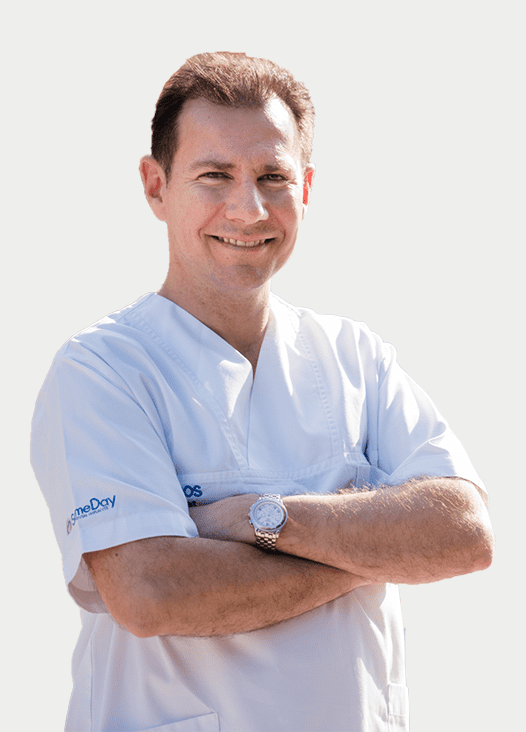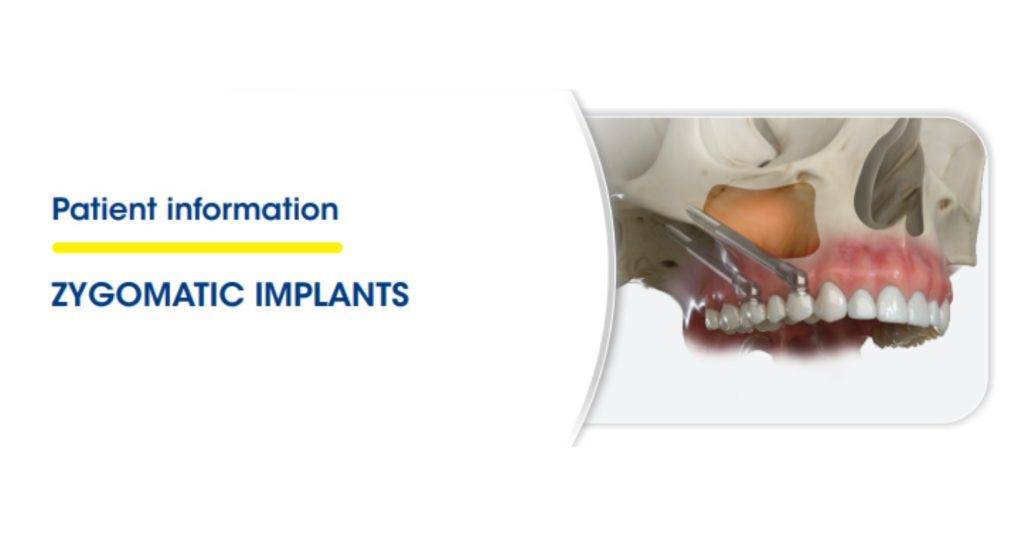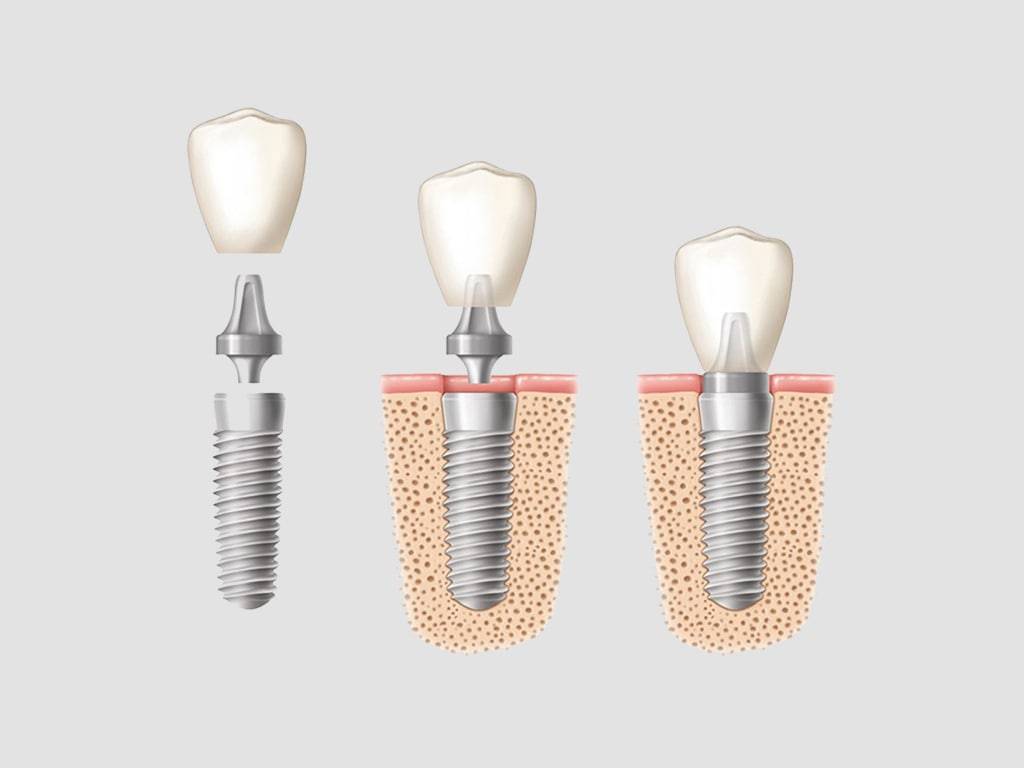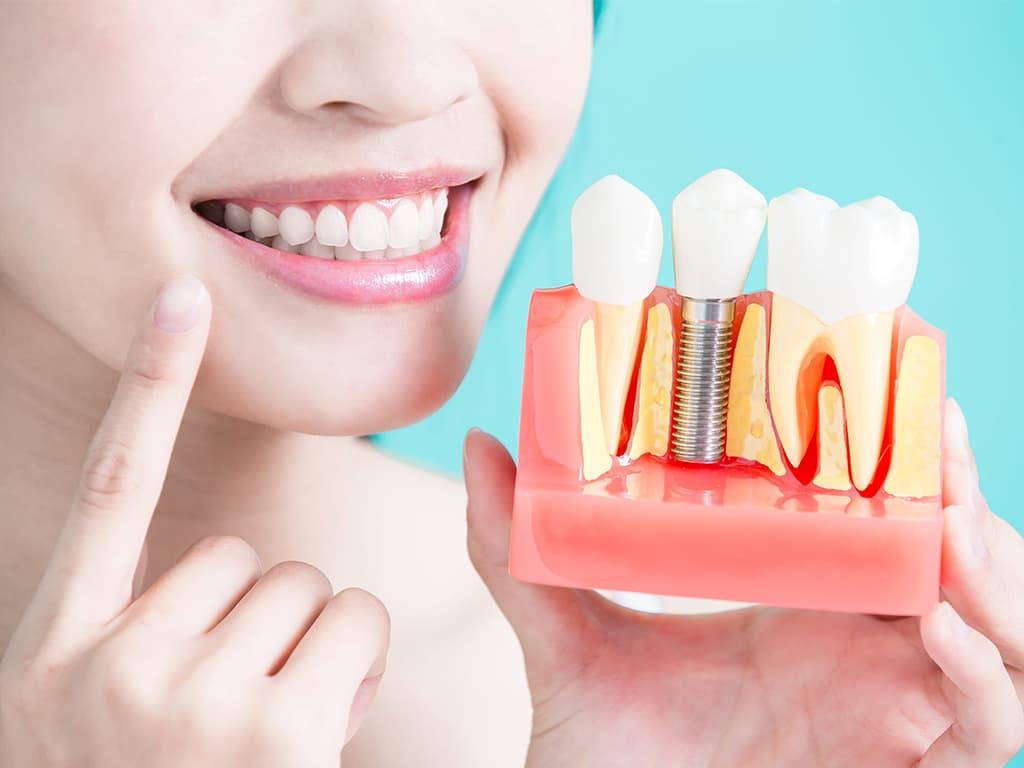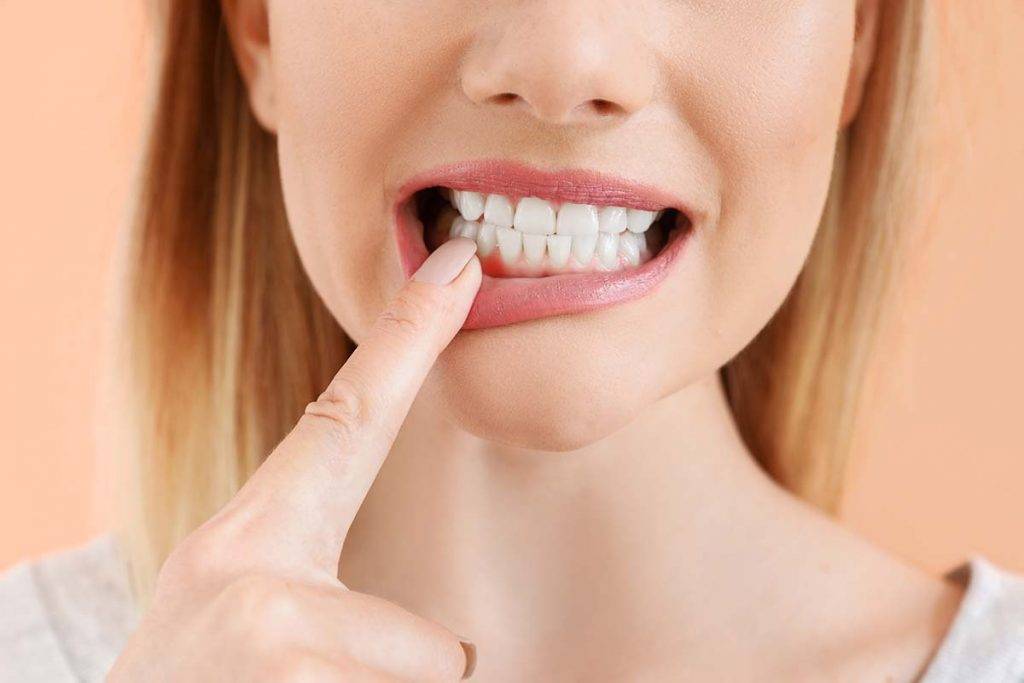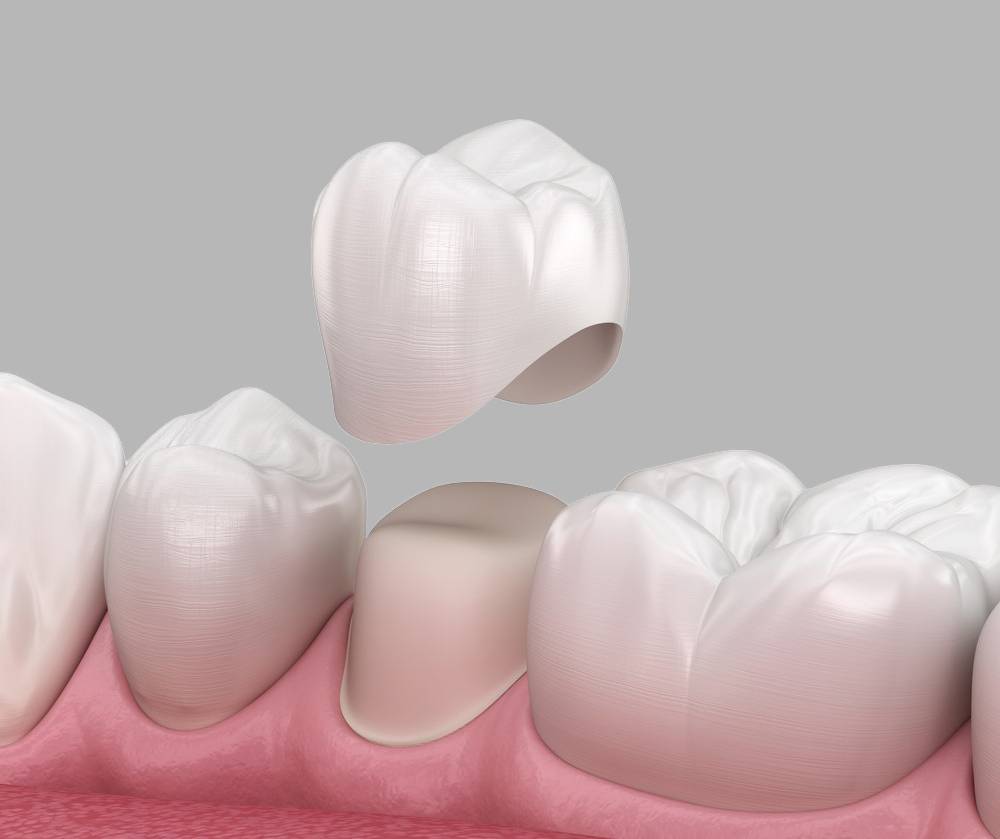Am I the right age for dental implants?
January 6, 2021, 6:24 am
RECENT POSTS
-
Everything You Need to Know About Zygomatic Implants
November 14, 2022, 9:34 am -
9 Ways to Maintain Your Oral Health During Ramadan
April 25, 2021, 9:30 am -
9 Conditions that Require Dental Implants
April 15, 2021, 9:25 am -
8 Ways to Stay Protected Against Gum Diseases
April 8, 2021, 9:22 am
But what happens when this decay leads to tooth loss? Is there a ‘right’ treatment depending on age?
While there can be barriers to implants for younger patients, age in and of itself doesn’t stop anyone getting them done. The determining factors are the overall state of health of the individual, the quality and quantity of surrounding bone in the jaw, and for younger patients whether their jaw bone is fully developed or not.
To be clear, then, at the higher end of the age scale there really is no upper limit. No matter how old you are, you are likely able to replace any missing teeth with implants. On the lower end, however, there can be limitations that would make it very inadvisable to undergo an implant procedure.
Implants and the elderly
The most common replacement for missing teeth among the elderly are dentures, and one of the most common complaints I hear from my elderly patients concerns those dentures. While dentures are perhaps perceived to be a less invasive solution for tooth loss (as compared to implants), as time goes on dentures become loose, cause discomfort, and interfere with eating and speech. But the most serious disadvantage is that they fail to prevent further bone loss, as they do not stimulate the jawbone.
There are several reasons for the prevalence of dentures among elderly patients. Firstly, it is the traditional method and many elderly patients consider it the ‘only option’; secondly, there is a common misconception that elderly patients don’t respond well to implant procedures.
This could not be further from the truth.
In fact, we have seen many successful cases of implants with patients well into their eighties and nineties, and – providing overall health is good – seniors heal with very much the same predictability as younger patients.
Of course, as with any medical procedure, there are different challenges when it comes to the elderly. For example, many suffer from a lack of bone density in the jaw. But even with this eroding bone density, dental implants are still a more than viable option.
Dental implants can be truly life-changing for those elderly patients who have lived years or even decades with inferior solutions such as dentures. Suddenly they are able to eat a richer and more enjoyable diet (something they had long ago given up on), talk without feeling insecure about people seeing their dentures moving about, and most importantly, they are back to stimulating and preserving the jawbone to prevent any further bone loss.
Implants and the younger patient
On the other end of the spectrum, young people are the most likely to face restrictions when it comes to dental implants. To be confident of successful placement, the jaw must be fully developed, and this is typically not the case until the late teenage years.
However, this is only a guideline, as each young patient develops at a different rate. For this reason, an oral surgeon will take a number of X-rays (often of the wrist as well) to determine the level of an individual’s bone development, and assess their suitability for surgery.
If the younger patient is not fully developed, under no circumstance should implants be placed. The consequences of implanting early can be severe, causing damage and even deformity to the jawbone.
The good news is that there is a temporary solution for replacing the missing tooth or teeth in a younger person while waiting until the jaw has developed sufficiently to withstand dental implant surgery. That option in most cases is single tooth or multiple teeth dentures.
This allows young patients to interact and socialize as normal in the interim, without being overly-sensitive about their appearance. Once the jaw has reached the required level of development, implant surgery can be performed, providing a longer-lasting, more comfortable and aesthetically pleasing solution.
Takeaway
So by now, it should be clear that the question of age and dental implants is quite straightforward. For the elderly, we see virtually no limitations as long as their overall health is ok, whereas with the younger patients we have the very matter-of-fact issue of whether their jaw is fully developed or not. If not, you simply have to wait until it is.
A visit with your dental specialist is all that is needed to determine if you are facing any restrictions. Whatever the outcome, just remember that there will always be a solution to help you best deal with tooth loss based on your specific situation. While the profession of dentistry has made incredible advancements over the past decades, the progress is hardly slowing down, and you can be sure that we will continue to find better and better solutions to address the very serious issue of tooth loss.
Related Info
Am I the right age for dental implants?
January 6, 2021, 6:24 am
But what happens when this decay leads to tooth loss? Is there a ‘right’ treatment depending on age?
While there can be barriers to implants for younger patients, age in and of itself doesn’t stop anyone getting them done. The determining factors are the overall state of health of the individual, the quality and quantity of surrounding bone in the jaw, and for younger patients whether their jaw bone is fully developed or not.
To be clear, then, at the higher end of the age scale there really is no upper limit. No matter how old you are, you are likely able to replace any missing teeth with implants. On the lower end, however, there can be limitations that would make it very inadvisable to undergo an implant procedure.
Implants and the elderly
The most common replacement for missing teeth among the elderly are dentures, and one of the most common complaints I hear from my elderly patients concerns those dentures. While dentures are perhaps perceived to be a less invasive solution for tooth loss (as compared to implants), as time goes on dentures become loose, cause discomfort, and interfere with eating and speech. But the most serious disadvantage is that they fail to prevent further bone loss, as they do not stimulate the jawbone.
There are several reasons for the prevalence of dentures among elderly patients. Firstly, it is the traditional method and many elderly patients consider it the ‘only option’; secondly, there is a common misconception that elderly patients don’t respond well to implant procedures.
This could not be further from the truth.
In fact, we have seen many successful cases of implants with patients well into their eighties and nineties, and – providing overall health is good – seniors heal with very much the same predictability as younger patients.
Of course, as with any medical procedure, there are different challenges when it comes to the elderly. For example, many suffer from a lack of bone density in the jaw. But even with this eroding bone density, dental implants are still a more than viable option.
Dental implants can be truly life-changing for those elderly patients who have lived years or even decades with inferior solutions such as dentures. Suddenly they are able to eat a richer and more enjoyable diet (something they had long ago given up on), talk without feeling insecure about people seeing their dentures moving about, and most importantly, they are back to stimulating and preserving the jawbone to prevent any further bone loss.
Implants and the younger patient
On the other end of the spectrum, young people are the most likely to face restrictions when it comes to dental implants. To be confident of successful placement, the jaw must be fully developed, and this is typically not the case until the late teenage years.
However, this is only a guideline, as each young patient develops at a different rate. For this reason, an oral surgeon will take a number of X-rays (often of the wrist as well) to determine the level of an individual’s bone development, and assess their suitability for surgery.
If the younger patient is not fully developed, under no circumstance should implants be placed. The consequences of implanting early can be severe, causing damage and even deformity to the jawbone.
The good news is that there is a temporary solution for replacing the missing tooth or teeth in a younger person while waiting until the jaw has developed sufficiently to withstand dental implant surgery. That option in most cases is single tooth or multiple teeth dentures.
This allows young patients to interact and socialize as normal in the interim, without being overly-sensitive about their appearance. Once the jaw has reached the required level of development, implant surgery can be performed, providing a longer-lasting, more comfortable and aesthetically pleasing solution.
Takeaway
So by now, it should be clear that the question of age and dental implants is quite straightforward. For the elderly, we see virtually no limitations as long as their overall health is ok, whereas with the younger patients we have the very matter-of-fact issue of whether their jaw is fully developed or not. If not, you simply have to wait until it is.
A visit with your dental specialist is all that is needed to determine if you are facing any restrictions. Whatever the outcome, just remember that there will always be a solution to help you best deal with tooth loss based on your specific situation. While the profession of dentistry has made incredible advancements over the past decades, the progress is hardly slowing down, and you can be sure that we will continue to find better and better solutions to address the very serious issue of tooth loss.
Related Info

